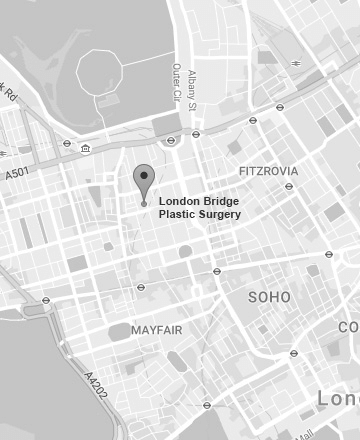Dermaquest Peels
- Range of intensive skin peels and resurfacer treatments using DermaQuest advanced skincare technology
- Effectively minimise fine lines and wrinkles, blemishes, pigmentation and enlarged pores
- Suitable for the face, décolleté and hands
- Deeply exfoliating and rejuvenating to improve skin texture and restore radiance
- Tailored specifically to your skin type, needs and skin concerns
- Totally safe and non-invasive
Dermaquest FAQ’s
-
What are DermaQuest Peels?DermaQuest chemical peels and resurfacer treatments harness the deeply exfoliating properties of a variety of naturally occurring acids including those derived from fruit, nuts and milk to name but a few. These acids including Lactic, Mandelic, Glycolic and Salicylic help to un-clog pores, reduce inflammation and regulate excessive oil production thus removing dead and damaged skin cells and stimulating the renewal of healthy new cells beneath the surface the surface of the skin. Following treatment, open pores, blemishes, acne, pigmentation and fine lines are all visibly reduced and skin is left glowing, tightened and radiant.
-
What are the difference between peels and resurfacers?Resurfacers, sometimes referred to as mild peels, are superficial exfoliating treatments, meaning that they work on the very top layer of the skin and use enzymes and acids to refine and exfoliate. Resurfacers generally have little-to-no downtime following treatment. By comparison, chemical Peels will also exfoliate and address a wide variety of concerns, yet they have the ability to penetrate the mid to lower levers of the epidermis, delivering stronger, extended results. Because chemical peels are so active and deeply penetrating, downtime of up to 10 days can be expected.
-
What results should I expect?After one chemical peel or resurfacer treatment, overall skin tone and complexion will appear smoother, fresher and more radiant. There will be a noticeable reduction in break outs, blemishes and signs of ageing. Depending on the severity of skin conditions to be addressed, multiple treatments may be necessary to achieve the desired results. A series of 3 chemical peel treatments applied once every 4 weeks or a series of six resurfacer treatments taken at 2-week intervals will usually allow for optimal results. Provided the skin is maintained with good quality skin care products as recommended at initial consultation, skin improvement following treatment will be long-lasting.
Each of the DermaQuest chemical peel and resurfacer treatments offers a specific and slightly different range of benefits, which will be discussed thoroughly at consultation.
-
How does the treatment feel?DermaQuest chemical peels and resurfacer treatments are completely safe and non-invasive. The sensation of chemical peels and resurfacers will vary from person to person due to skin tolerance, skin condition, severity of a skin complaint and strength of the peel, however most clients generally experience tingling, warmth and tightness, all of which mean the active ingredients are penetrating and getting to work on rejuvenating the lower layers of the skin.
-
Is there any down time?Following treatment, resurfacers generally have little-to-no downtime, whereas up to 10 days of downtime should be expected after undergoing chemical peel treatment. Immediately after both chemical peel or resurfacer treatment your skin may feel warm, red and tight. After resurfacers these side effects usually subside in a day or two with little more than light flaking of skin, however chemical peels induce a significant peeling of the skin at the treatment site on days 2-7, which usually resolves itself by days 8-10. Following each procedure aftercare products are supplied to promote healing.
-
How to achieve the best results?It is imperative to use the correct skin care products at home pre, during and post treatment to clear away debris and reduce the downtime post peel. Home care regimes vary depending on your skin type and concern, but you will always need an SPF 50. The amount of treatments needed varies on the type of peel and the concern, on an average 4 – 6 peels are needed at 4-week intervals.








